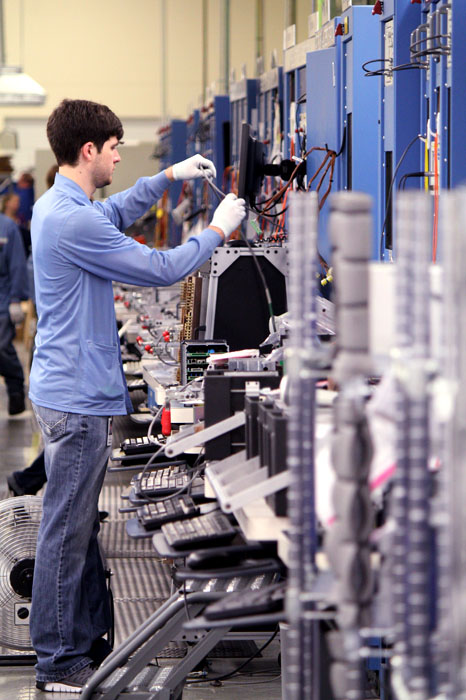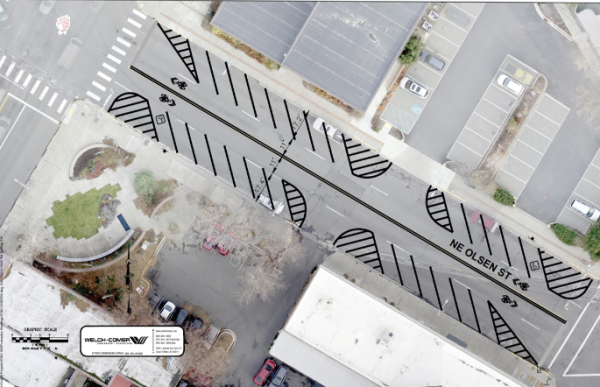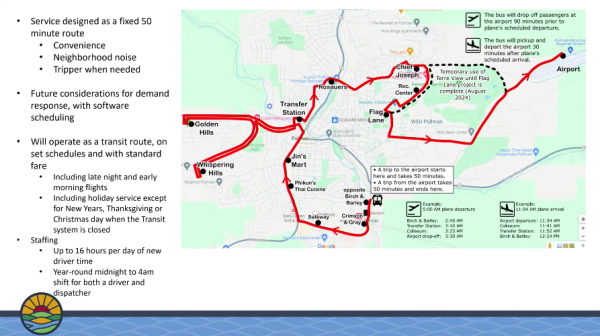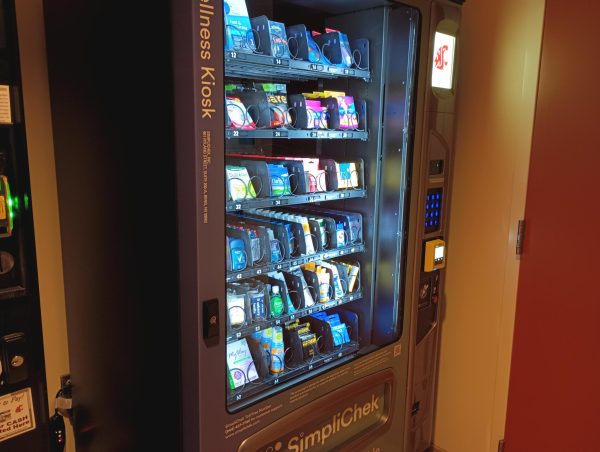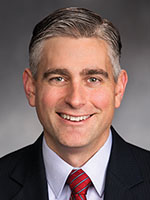Schweitzer awarded for cybersecurity
Workers at Schweitzer Engineering Laboratories assemble a variety of electronics, Monday, Sept. 23, 2013.
September 24, 2013
Schweitzer Engineering Labs (SEL) recieved $9.6 million to develop new cybersecurity, said SEL public affairs manager Tammy Lewis.
The U.S. Department of Energy (DOE) accepted three SEL project proposals for the agency’s Innovation for Increasing Cybersecurity for Energy Delivery Systems (CEDS) program, SEL Vice President of Research and Development David Whitehead said.
According to the DOE, the CEDS program is meant to create “cybersecurity solutions for energy delivery systems through integrated planning and a focused research and development effort.” They awarded 11 contracts totaling $30 million to various companies.
Lewis said cybersecurity protects utilities and computers from hacking. With more computerization, cybersecurity is becoming increasingly important, she said.
“People are looking to cause problems. We’re helping the government to stop them with new cybersecurity,” Lewis said.
According to a May report from Congress, many utilities reported frequent or even daily attempted cyber-attacks, including phishing and malware infection. One utility reported about 10,000 cyber-attacks a month.
A cyber-attack from a knowledgeable terrorist group or nation state could be as destructive as the terrorist attacks on Sept. 11, the report said.
Three separate projects will share the $9.6 million grant, Whitehead said. The first project involves improving physical access security and creating an integrated system, he said.
Whitehead described the project as a holistic approach to cybersecurity.
“With this approach, we can know who entered the building, and when and who logged into the computer,” he said. “It’s all in the same place.”
The new system will involve security badge readers and a system that tracks access to computers, doors and more, Whitehead said.
The second project will develop a software-defined networking flow controller, he said.
“We’re working on an algorithm to dictate the way data moves through a network,” Whitehead said.
He said the final project will create a software-defined data radio. This will modify radio information transmission, making it more reliable, he said.
SEL was awarded the three contracts after an application process, but the DOE asked the Pullman-based company specifically to apply, Whitehead said.
“The Department of Energy came to us,” he said. “We do more than just research. At the end of the day, we produce physical products.”


